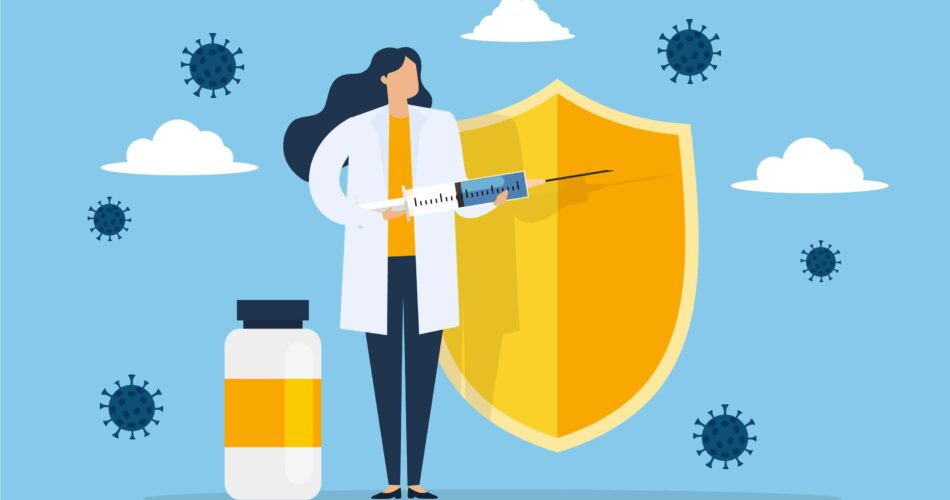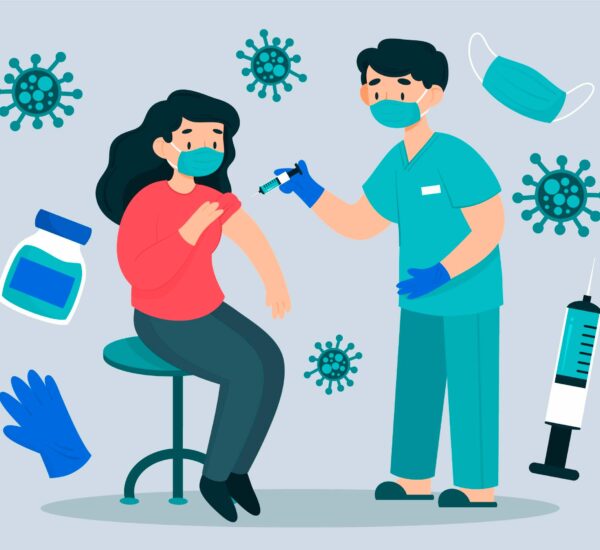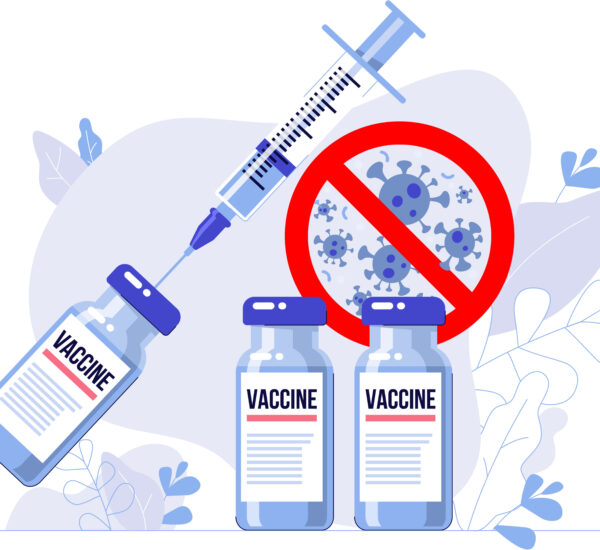The HPV vaccine has been widely praised for its role in preventing cancers caused by the human papillomavirus, yet some myths around HPV vaccine side effects persist. While every vaccine has potential side effects, it’s important to separate fact from fiction. In this article, we will explore the most common side effects of the HPV vaccine, address safety concerns, and debunk myths that may discourage people from getting vaccinated.
What Are the Most Common HPV Vaccine Side Effects?
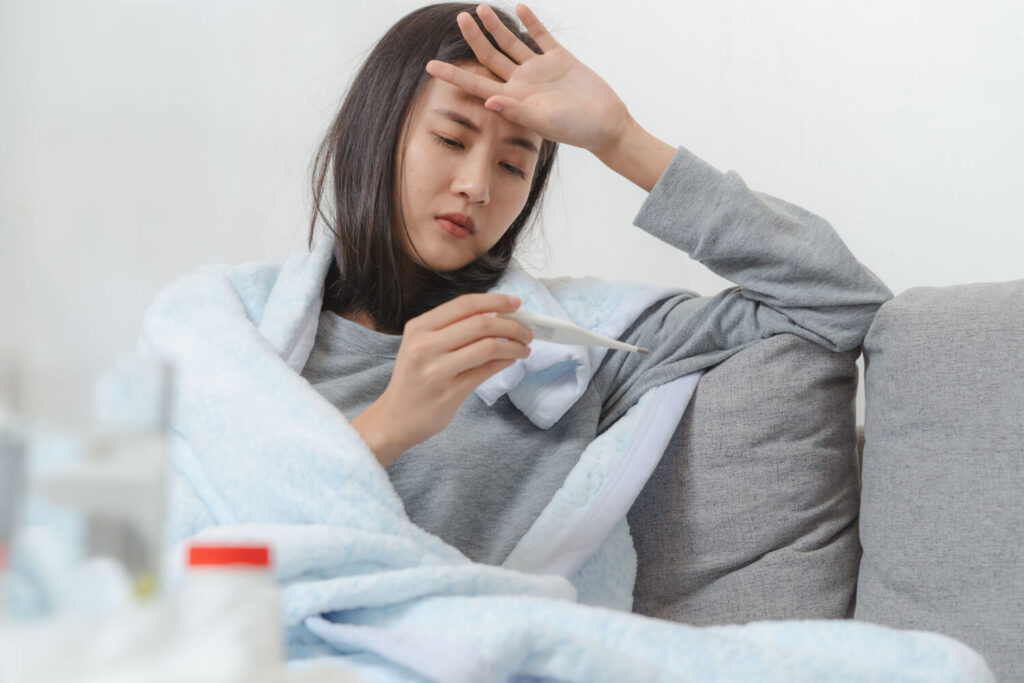
Just like any vaccination, the HPV vaccine can cause mild side effects, which generally resolve on their own. They usually occur as the body processes and analyzes the antibody injected. In short, these mild side effects are signs that the vaccine is working.
When drug administration is successful, it mobilizes or trains the body to protect the immune system against the different types of HPV infection.
Here are the common side effects:
Soreness at the Injection Site
The most commonly reported side effect is soreness or redness at the injection site, which occurs shortly after the vaccine is administered. This mild pain or swelling is typical of most vaccines and usually fades within a few hours or days. Applying a cold compress to the area can provide relief.
Mild Fever
Some individuals may experience a low-grade fever as a response to the vaccine. This is a natural immune reaction, signaling that the body is building defenses. Drinking plenty of fluids and resting can help manage mild fever symptoms, which usually disappear within a day.
Headache and Fatigue
After receiving the HPV vaccine, some people may experience headaches or a feeling of fatigue. These symptoms are short-lived, typically resolving within a day. Staying hydrated and taking over-the-counter pain relief, if necessary, can be helpful.
Nausea and Dizziness
Nausea and dizziness are less common side effects of the HPV vaccine but can occur in some individuals. These symptoms are usually mild and transient, resolving on their own within a short period. It is essential to stay hydrated and rest if experiencing these effects. If persistent or severe, seeking medical advice is recommended.
Understanding the Rarity of Severe Side Effects
Despite widespread rumors, severe side effects from the HPV vaccine are exceedingly rare. Here’s what you should know about potential, but very uncommon, severe reactions:
Allergic Reactions
In rare cases, some people may have an allergic reaction to one of the components of the HPV vaccine. This might include symptoms like rash, difficulty breathing, or swelling. It’s important to inform your healthcare provider of any known allergies before receiving the vaccine. Severe allergic reactions are highly uncommon and occur in only a tiny fraction of cases.
Fainting
Some younger people may experience fainting following any vaccination, not just the HPV vaccine. This is a temporary response, often due to anxiety or the body’s reaction to the injection. Healthcare providers may recommend that individuals sit or lie down for a few minutes after the shot to prevent fainting.
Debunking Myths About HPV Vaccine Safety
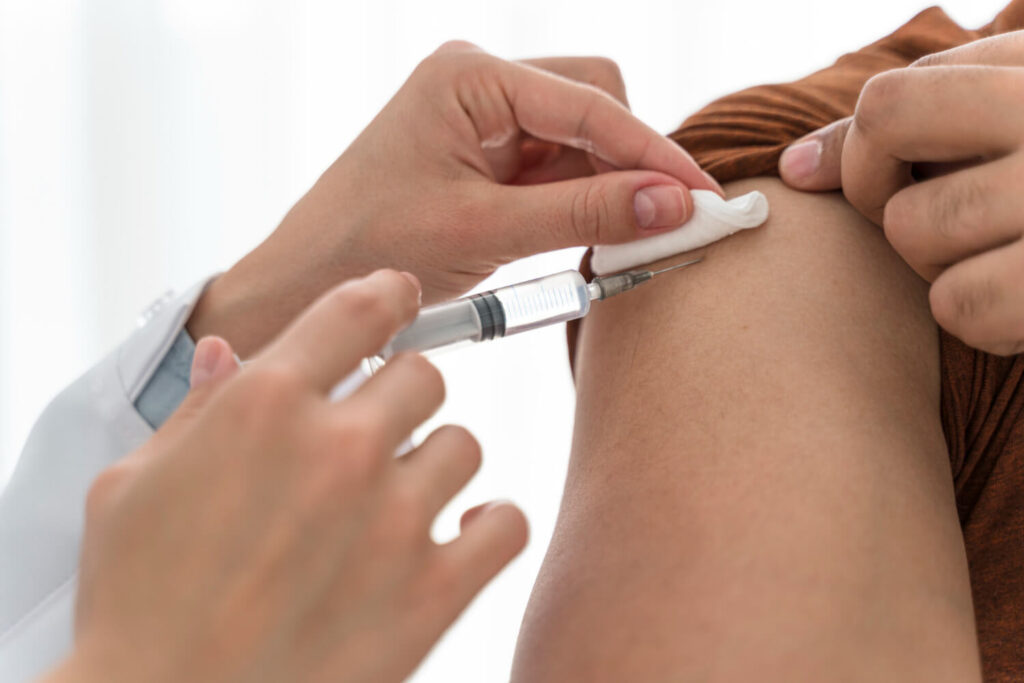
There are several myths surrounding the safety of the HPV vaccine that can lead to confusion. Let’s look at some of the most common misconceptions and clarify the facts.
Myth 1: HPV Vaccination Promotes Risky Behavior
One common misconception is that the HPV vaccine may encourage risky sexual behavior among young people. However, research shows no link between vaccination and changes in sexual behavior. Instead, the vaccine serves as an essential health measure to protect individuals against a common virus.
Myth 2: Only Women Need the HPV Vaccine
Another myth is that HPV vaccination is only necessary for women. While cervical cancer is a significant concern, HPV affects both genders and can cause various health complications in men. Vaccinating both males and females ensures broader immunity and reduces the overall spread of the virus. So, if you need to get vaccinated, feel free to check out health centers or hospitals near you.
Myth 3: HPV Vaccine Isn’t Safe
Every FDA-approved vaccine had undergone several clinical trials to prevent severe complications. The same thing applies to the available brands of HPV vaccine released to the public (e.g., Gardasil and Cervarix). If you are worried about the vaccine adverse event, please take note that these are rare, and the vaccine’s long-term benefits significantly outweigh any minor risks.
Myth 4: The HPV Vaccine Can Lead to Infertility
Concerns about infertility are unfounded. The HPV vaccine does not affect fertility in any way. This myth likely originated from misinformation about vaccine ingredients or misunderstandings of how the vaccine works. The HPV vaccine simply prompts the body’s immune system to create antibodies against the virus, without impacting reproductive health.
Why the Benefits of the HPV Vaccine Outweigh the Risks
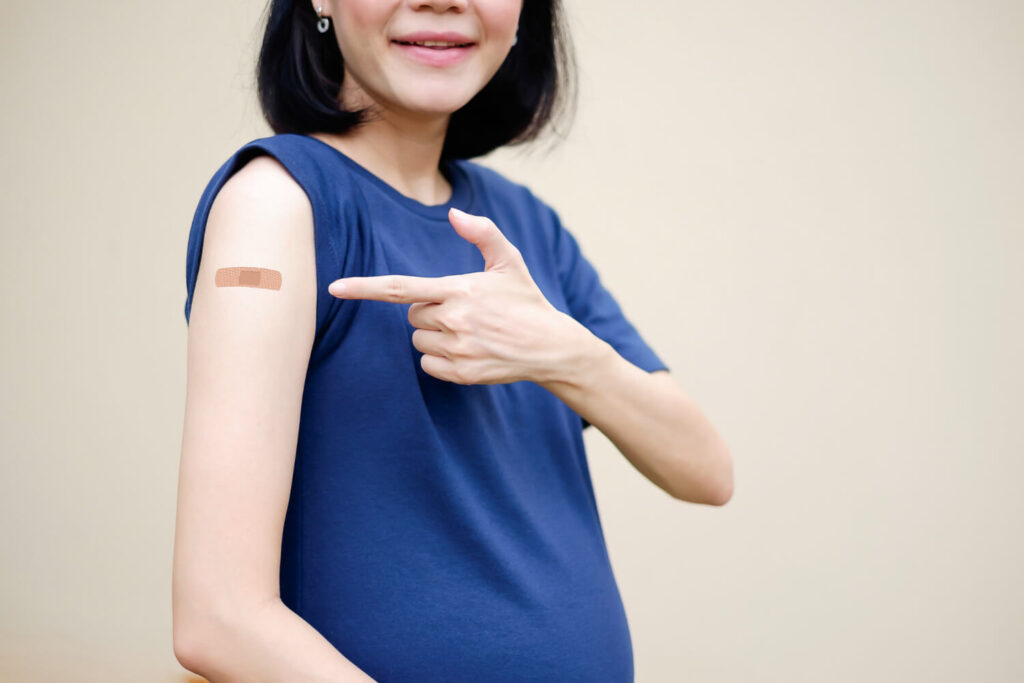
When weighing the HPV vaccine benefits against its side effects, the benefits are significant. The vaccine protects against several types of cancer, including cervical, anal, and oropharyngeal cancers, and prevents genital warts. Let’s explore why the benefits of getting vaccinated far outweigh the risks:
Long-Term Protection Against Cancer
HPV is responsible for over 70% of cervical cancer cases globally. By getting vaccinated, individuals drastically reduce their risk of developing this life-threatening disease. The vaccine is most effective when administered before exposure to the virus, typically recommended for preteens but also available for adults up to age 45.
Prevention of Genital Warts
Aside from cervical cancer prevention, HPV vaccines are also important for genital warts prevention. The vaccine protects against strains of HPV that cause genital warts, which can be uncomfortable and emotionally distressing. Preventing genital warts is an added advantage of the vaccine, making it beneficial beyond just cancer prevention.
Herd Immunity
Vaccinating a larger portion of the population helps reduce the spread of HPV, even among unvaccinated individuals. This concept of herd immunity is crucial in controlling HPV transmission rates, especially in densely populated areas where virus exposure is higher.
Frequently Asked Questions
Should I worry about the HPV vaccine side effects?
It is understandable to be worried about the side effects of the HPV vaccine. However, when it comes to your health, the threat of contracting various HPV types from sexual activity is scarier. HPV is one of the common sexually transmitted infection diseases that can lead to cancer. Thus, it can lead to fatality when not addressed immediately. Receiving the vaccine can give you a better chance in preventing that outcome. In that case, HPV vaccination benefits outweigh the side effects.
Can adults receive the HPV vaccine, and is it effective for them?
Yes, adults up to age 45 can receive the HPV vaccine, though it is most effective when given before exposure to HPV. Adults should discuss potential benefits with their healthcare provider to make an informed decision.
How can I manage common side effects of the HPV vaccine?
Common side effects, like soreness or headache, can be managed with rest, hydration, and over-the-counter pain relief if necessary. Severe side effects are rare, and healthcare providers are equipped to handle any adverse reactions.
Is it safe to take the HPV vaccine while on medication?
If you are taking certain medications due to health complications, it’s best to notify your health doctor before your HPV vaccine schedule. That way, they can analyze your condition and determine if there are negative side effects of prescription drugs and the vaccine. Thus, ensuring no adverse events occur.
Conclusion
While HPV vaccine side effects are a common response of the body, still it doesn’t mean that you should underestimate its occurrence. Although rare, severe side effects can still happen, and your knowledge is a must to handle such situations better. If you think your side effects may lead to further health problems, it’s best to seek help immediately.
